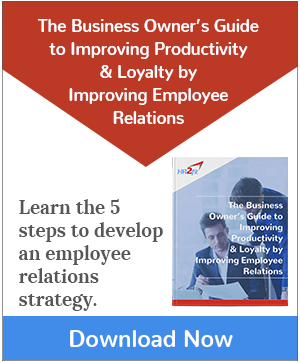Advanced HR Analytics: Predicting Employee Behavior
In today’s data-driven world, HR analytics has transitioned from basic reporting to more advanced, predictive analytics. Predicting employee behavior through HR analytics is not just a futuristic concept; it’s a reality that reshapes how businesses manage their workforce. Let’s delve into HR predictive analytics, explore a case study of its successful implementation, and look at what the future holds for this innovative field.
Introduction to HR Predictive Analytics
Predictive analytics in HR refers to using data, statistical algorithms, and machine learning techniques to identify the likelihood of future outcomes based on historical data. The goal is to go beyond knowing what has happened to provide the best assessment of what will happen. This can include predicting employee turnover, identifying potential high performers, or foreseeing the effectiveness of HR interventions.
Case Study: Successful Implementation of HR Analytics
One of the most illustrative cases of successful HR analytics implementation comes from a leading tech company struggling with high employee turnover. By utilizing advanced HR analytics, the company was able to identify common patterns and factors that preceded resignations. Factors such as changes in job satisfaction scores, absenteeism rates, and even changes in social media activity provided predictive insight. As a result, the company could develop more effective retention strategies and reduce turnover by a significant margin.
Future of HR Analytics
The future of HR analytics is auspicious. With advancements in artificial intelligence and machine learning, predictive models are becoming more accurate and insightful. The next frontier in HR analytics is prescriptive analytics—using data not just to predict outcomes but also to recommend the best courses of action. HR professionals could have tools that suggest interventions to improve employee engagement, productivity, and satisfaction.
In conclusion, advanced HR analytics allows organizations to anticipate and strategically plan for the future rather than react to the past. As companies become more sophisticated in their use of data analytics, the role of HR in strategic decision-making becomes ever more critical.







